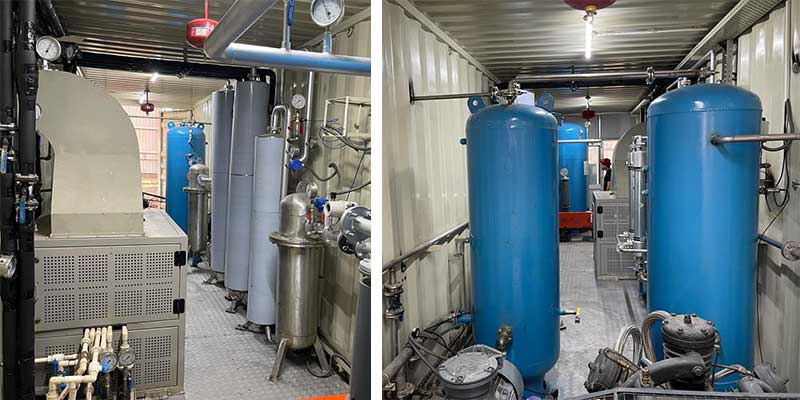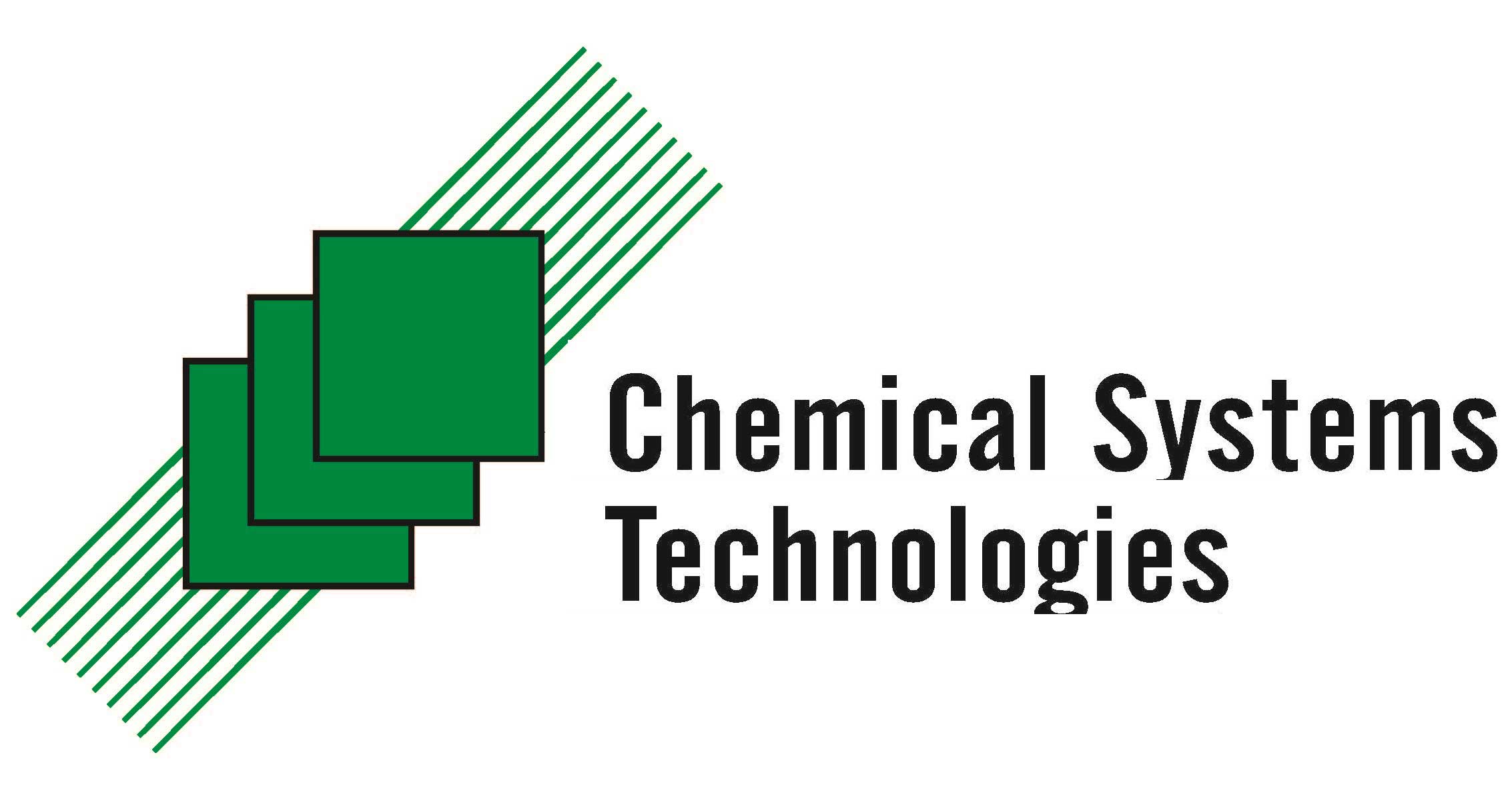Biogas Purification System – Membrane-Based
Biogas is the production of methane from the anaerobic digestion of wastes, manure, or biomass. Biogas contains high concentrations of carbon dioxide, hydrogen sulfide, and other impurities which need to be removed to make the methane commercially viable. The purified biomethane is compressed for powering vehicles or fed directly into the natural gas grid for resale.

Process Overview
The offered method is mainly based on the different permeability of gases in polymers. Our membrane upgrading process delivers a constant high Bio methane grade up to 99.4% purity.
This separation process creates a high-pressure methane-rich product stream (referred as non-permeate or retentate) and a low-pressure carbon dioxide-enriched stream (referred to as permeate).
The driving force for the separation is the difference between the partial pressure of each gas on the inside of the hollow fiber and that on the outside.
The pre-filtered and de-sulphurised biogas is compressed to 12 – 16 bar pressure for the separation process. The throughput passes through the cooling process, resulting in free condensate is separated from the raw gas, oil filters, and coalescing filters for clean gas. The Biogas stream of the biogas plant passes through a 2-stage constructed membrane-gas processing plant and with CH4 separated upto 97% as per requirements of vehicular fuel (as per SATAT Scheme and Grid injection norms).
Technology Advantages - Membrane System
The tangible benefits of our membrane technology:
High Selectivity To Impurities:
Carbon dioxide, hydrogen sulphide and water vapor are removed from the production gas with efficiencies greater than 90%.
Size And Selectivity Options:
Membrane separators are available in a variety of sizes and selectivity. This allows for fine-tuning the engineering of each stage to design a more efficient biogas upgrading system.
Robust Construction:
Membrane modules are engineered to operate in harsh environments. Vibration, corrosive atmospheres, and changing elements have little effect on the membrane performance.
Modular Designs:
Capacity can be increased or decreased by adding or removing membrane modules from the biogas flow.
Easy Production Cycling:
Membrane separators are ready for processing instantly and do not require lengthy start-up or shutdown preparations.
Resists Ammonia Vapor And Hydrogen Sulfide:
Membranes are engineered to tolerate many impurities that cripple other systems. These undesirable elements are selectively removed and vented off in the biogas upgrading systems permeate stream without affecting the system performance.
Simple To Operate:
Membrane separators are passive technology and have no moving parts. Complex system monitoring equipment is not necessary.
We would like to reiterate that due to simplicity in the operations and separation principles of our membrane-based upgradation system, it just works smoothly for many years.
